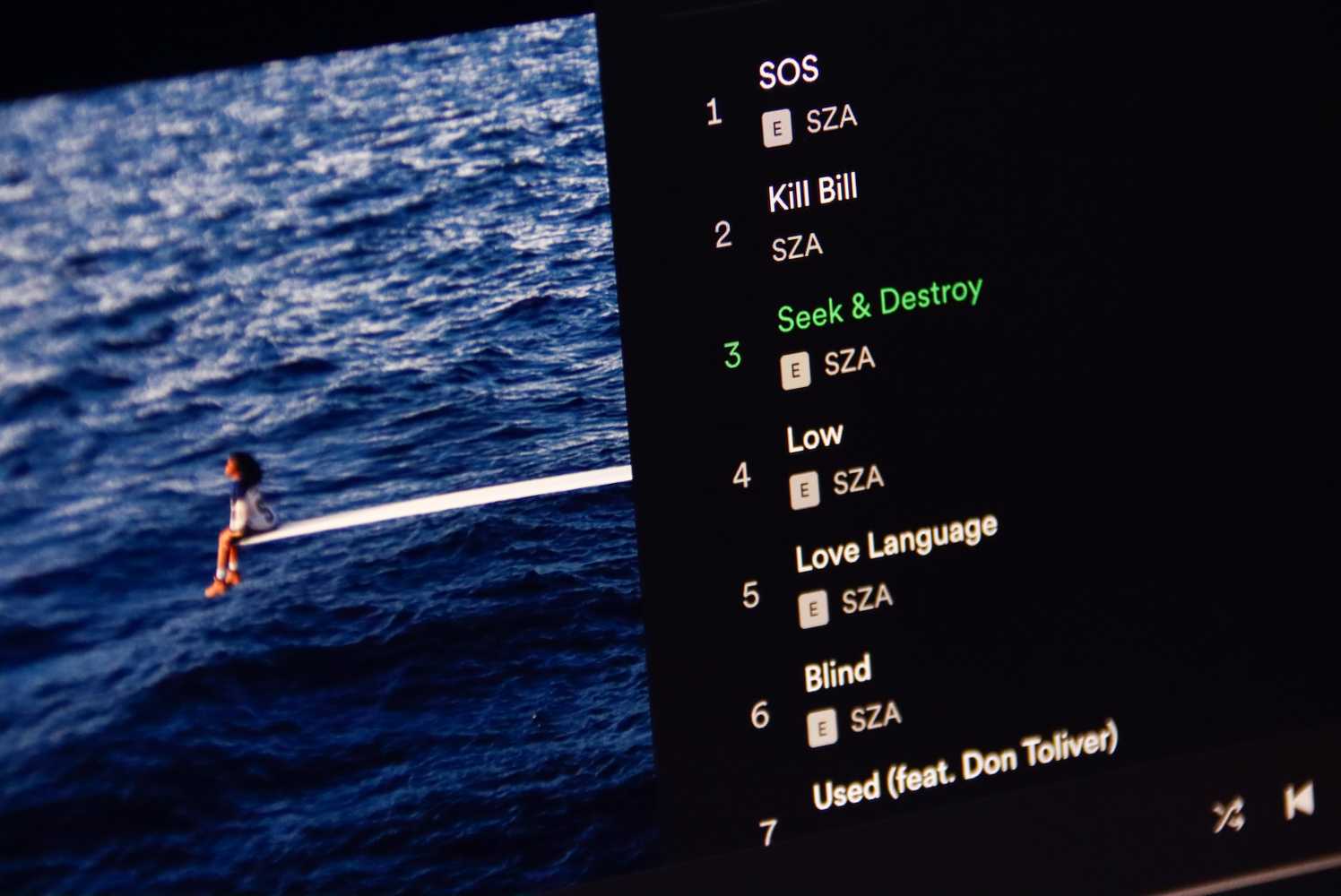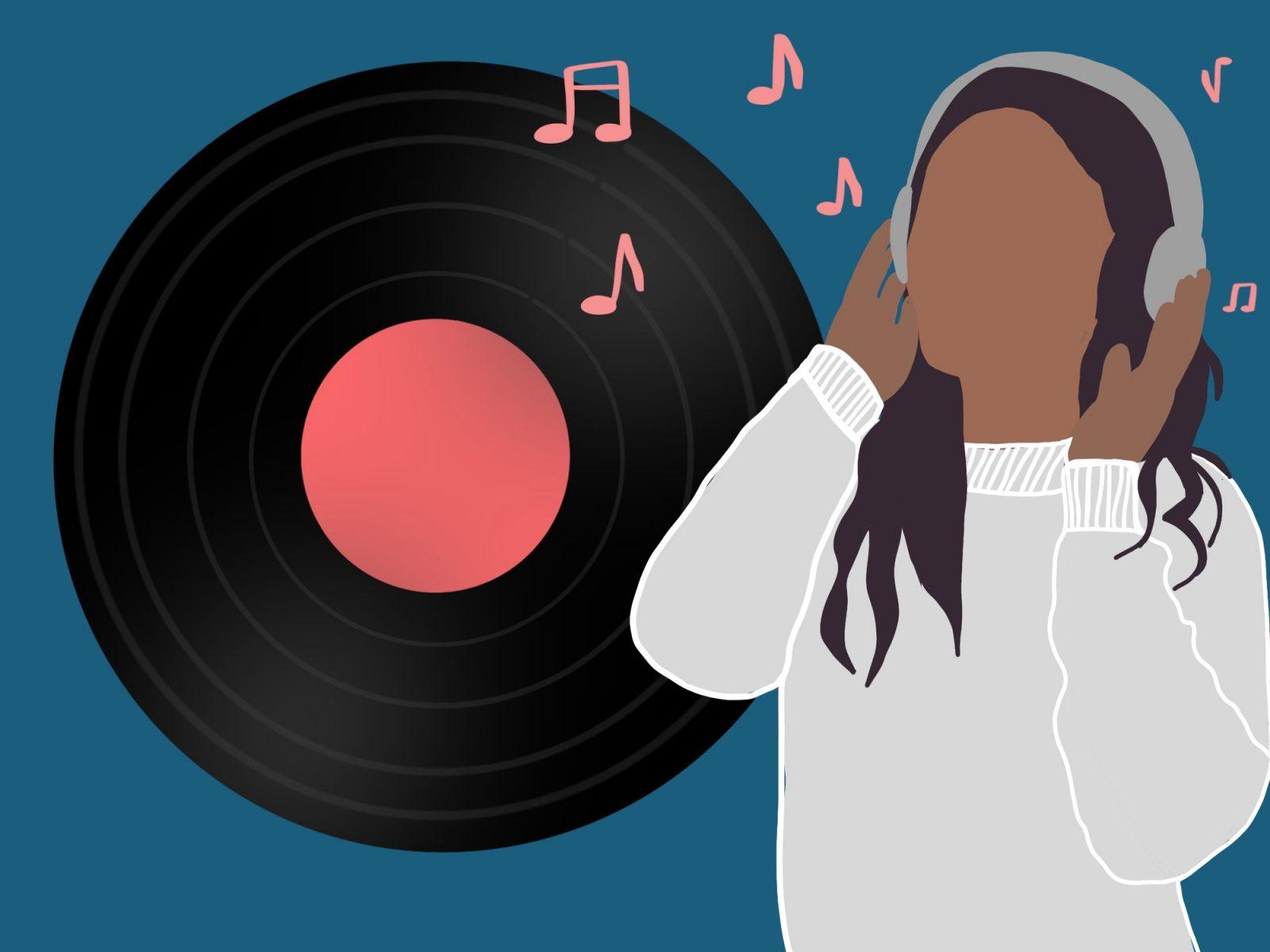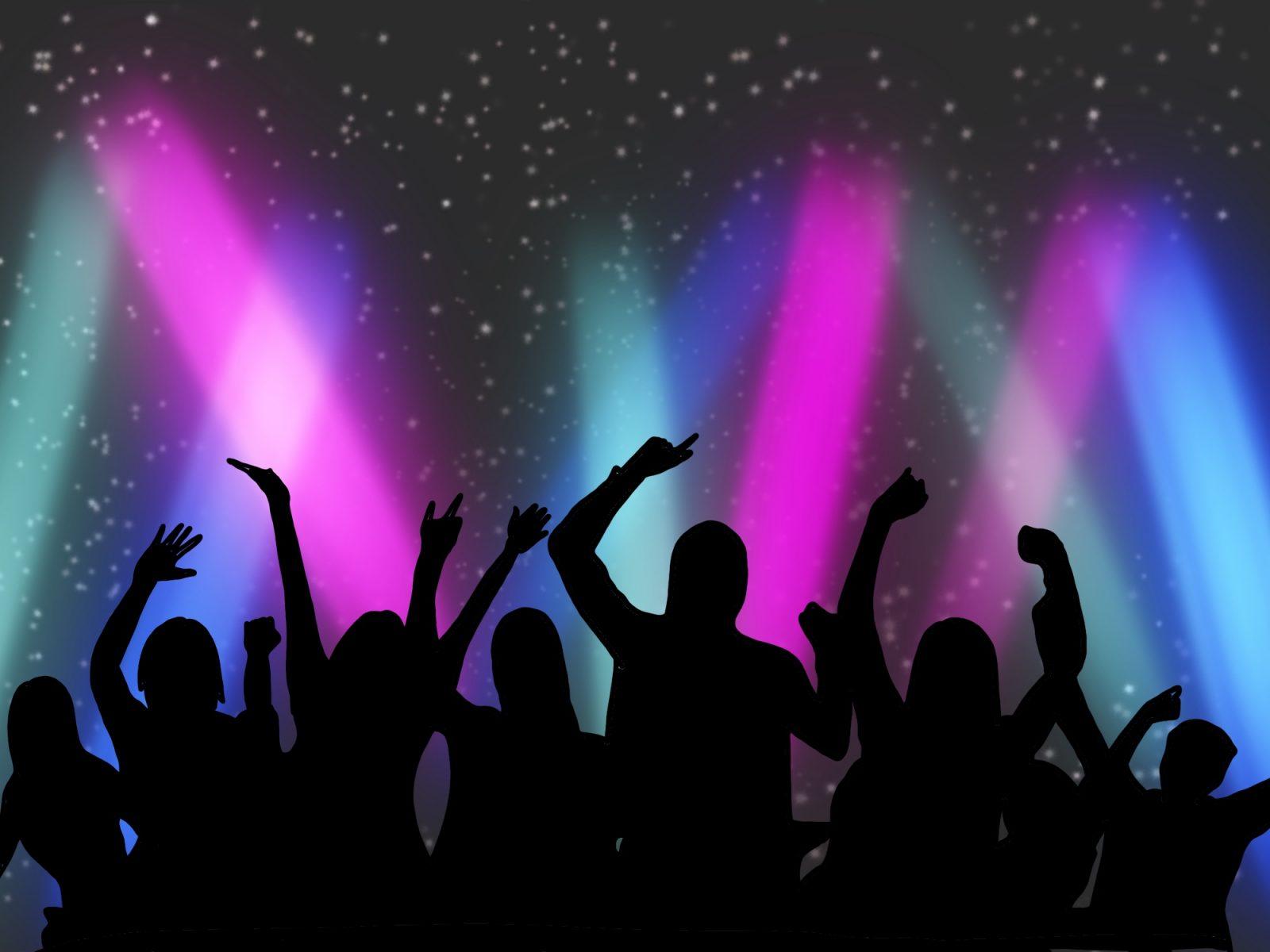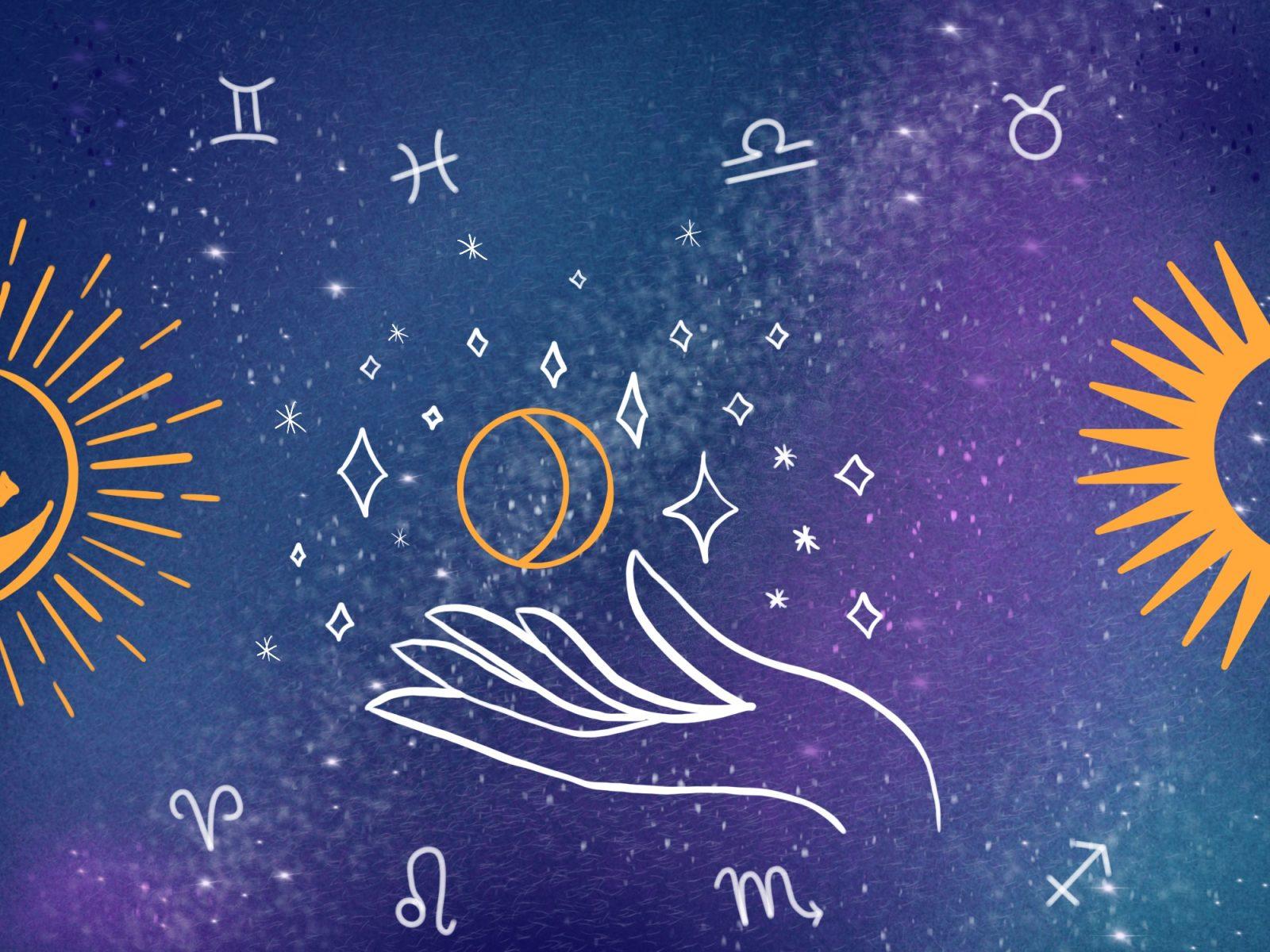A “generation” is defined as a group of people born in the same time period, and generation names exemplify our human tendency to categorize ourselves. Over time, sociologists and generation researchers usually deem titles for the different age groups based on historical social trends. Below is a brief, non-comprehensive list of the Western cultural generations.

The Lost Generation — born 1883-1900
Coined by author Gertrude Stein, this name refers to individuals who came of age during the First World War, observing an unimaginable loss of life as well as mass immigration. The term encompasses the general sense of purposelessness and aimlessness many youth experienced at the time. These feelings were famously featured in works of expatriate American writers, such as Ernest Hemingway and F. Scott Fitzgerald, whose novels included themes of disillusionment and cynicism.
The Greatest Generation — born 1901-1924
Also known as the G.I. Generation — which stands for “government issue” and “general issue” — this group grew up during the Great Depression and most likely fought in World War II. News broadcaster Tom Brokaw deemed them “the greatest” in the late ’90s because of their moralistic attitude toward the conflict.
The Silent Generation — born 1925-1945
Spending young adulthood in a post-war period, this group is known for accepting government rather than speaking out against it — they are called “silent” because of their lack of protestation and general pursuit of modest careers and secure domestic lives.
Baby Boomer Generation — born 1946-1964
This term derives from the huge population “boom” following World War II. Its members collectively experienced the Cold War, the moon landing, the assassinations of activist Martin Luther King, Jr. and President John F. Kennedy, the Vietnam War and the civil rights movement. They are characterized by national optimism and prosperous consumerism.
Generation X — born 1965-1980
Also known as the “Baby Busters” — since their birth rate was significantly smaller in comparison to the Boomers — this generation is characterized by reactionism, rebellion, self-reliance and an overall mistrust of institutional authority. Notable developments of their time include the fall of the Berlin Wall, the first personal computers and a previously unparalleled emphasis on education.
Generation Y — born 1981-1996
This demographic is more commonly referred to as “Millennials” because they became adults at the turn of the millennium. Key distinctions for this group include remembering the events of 9/11 from personal experience, participating in the rise of the internet and dealing with financial struggles as a result of the Great Recession.
Generation Z — born 1997-2012
My generation is also known as “iGen” because most of our lives have been spent using personal technology, such as smartphones. As a whole, Gen Z-ers are more racially and ethnically diverse, better educated and more familiar with non-heteronormative identities than previous generations. With the advent of social media, the exacerbation of the climate crisis and the rise in mass shooting violence, among many other socio-political pressures, Gen Z is seen as the most depressed generation but also the generation most likely to engage in social activism.
Generation Alpha — born 2013-2025
Social researcher Mark McCrindle coined the term for the most recent generation to denote a “new start” after Gen Z. McCrindle theorizes that they will be characterized by more diverse family dynamics, higher racial diversity and higher economic inequality than previous generations.
While generational affiliation shouldn’t necessarily hold a lot of meaning in how we identify ourselves, we can’t discount that world events, technological advancements and social developments influence our personal experiences and can shape the mentalities and attitudes we possess as adults. So, understanding these nuances can help us communicate and relate to people from different age groups.
















































































































